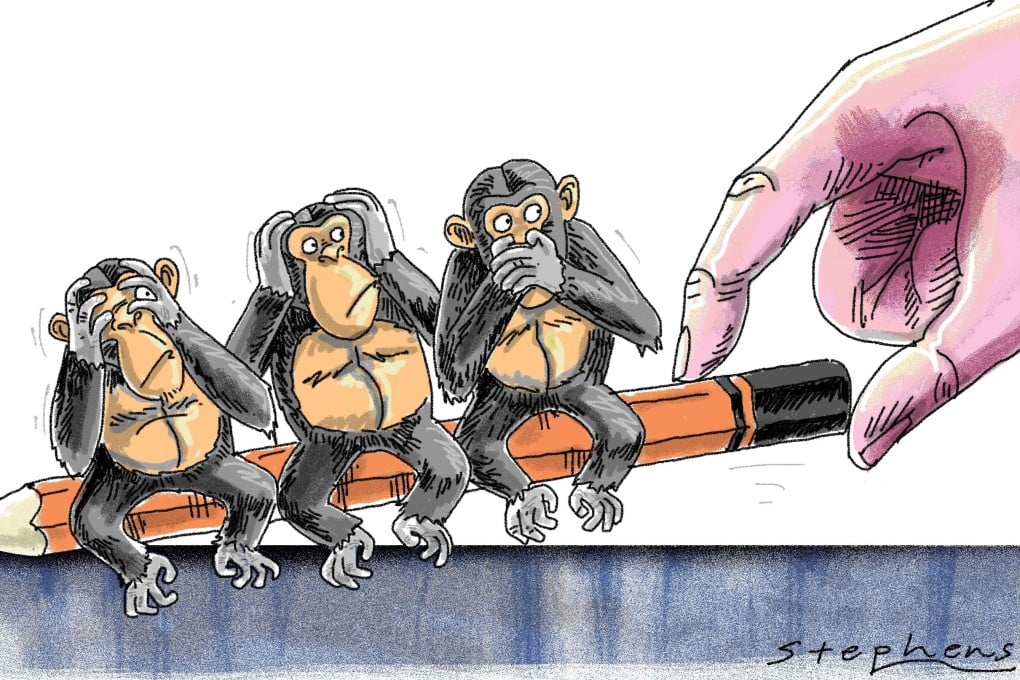Advertisement
Opinion | The global coronavirus crisis has made press freedom, in Hong Kong and elsewhere, more vital than ever
- Hamstrung by the state-based nature of the UN, from which it derives its authority, the WHO ignored early warnings about the coronavirus from Taipei. Now the agency’s all-too-cosy relationship with Beijing has been exposed by RTHK
Reading Time:4 minutes
Why you can trust SCMP
0

The state of a public broadcaster is intimately intertwined with the health of a nation and the world that it serves. In its purest form, a public broadcaster serves the state by not parroting its officials or apparatuses. It serves the state’s constituent citizenry through disseminating facts and information, and encouraging participation in public life, so that citizens, in the words of the World Radio and Television Council in 2001, can “better understand themselves by better understanding the world and others”.
Upon succeeding Margaret Chan Fung Fu-chun as director general of the World Health Organisation in 2017, Tedros Adhanom Ghebreyesus stated his vision of “a world in which everyone can live healthy, productive lives, regardless of who they are or where they live”.
Today, not only is Tedros’ vision in tatters, the coronavirus outbreak, discovered last December in Wuhan, has illuminated vividly the importance of an independent public broadcaster – and, more generally, an independent press – and its causal relations with public health in the most literal sense.
For weeks, Tedros unquestionably endorsed Chinese officials’ assessment of the outbreak as “moderate” despite their initial cover-up. On January 30, when declaring the coronavirus a global health emergency, he described travel restrictions on travellers from mainland China as unnecessary.
Without reflecting on the lethal nature of his own misinformation, he cautioned the world at the Munich Security Conference on February 15: “We’re not just fighting an epidemic; we’re fighting an infodemic. Fake news spreads faster and more easily than this virus, and is just as dangerous.”
The coronavirus outbreak, which the WHO finally declared a pandemic on March 11, has since spread to over 170 countries, with over 900,000 confirmed cases and 45,000 fatalities.
Advertisement
